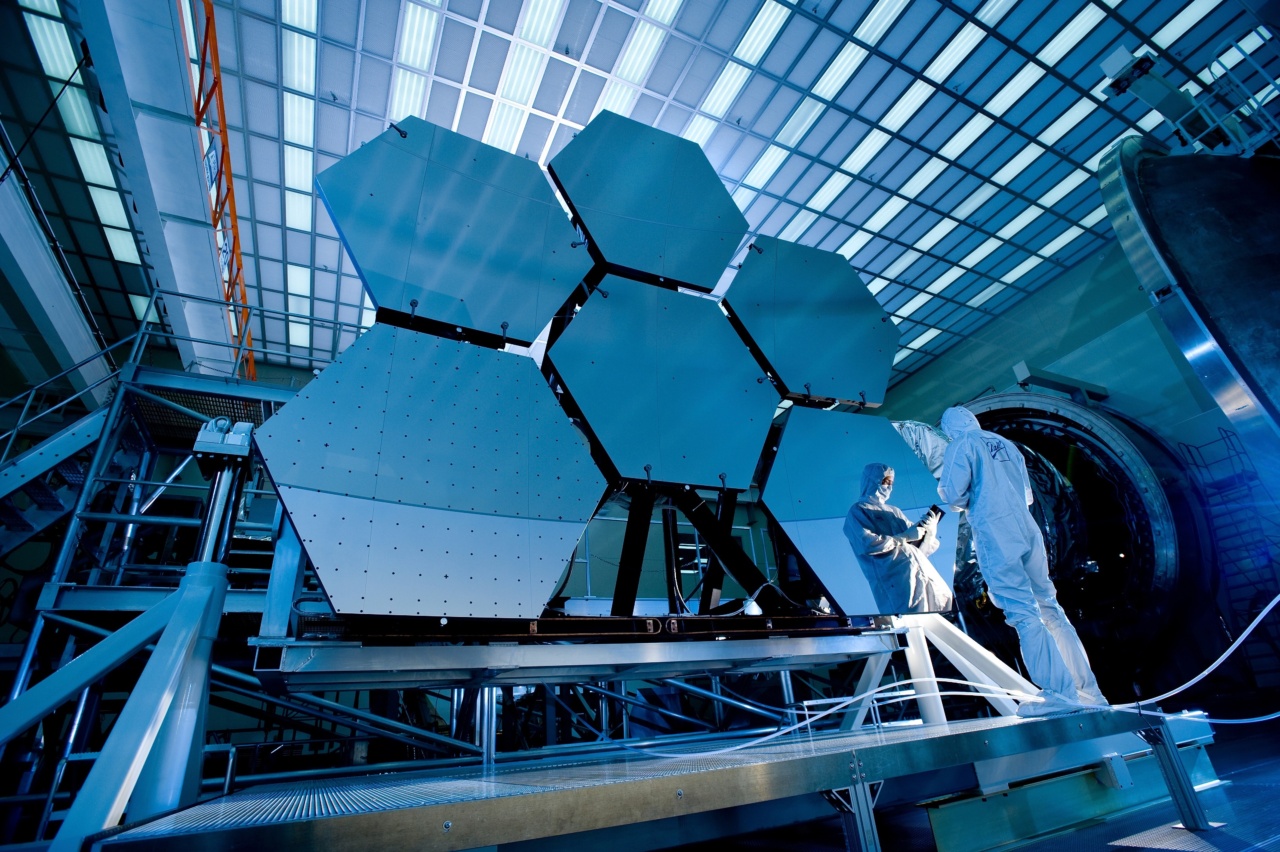When it comes to building muscle and enhancing athletic performance, many athletes and fitness enthusiasts turn to creatine supplementation.
Creatine is one of the most extensively researched and popular dietary supplements used by athletes, bodybuilders, and fitness enthusiasts to boost muscle strength and power. However, understanding the science behind creatine and its impact on muscle building is crucial in order to make informed decisions about its usage and effectiveness.
The Basics of Creatine
Creatine is a naturally occurring compound that is found in small amounts in certain foods like meat and fish. It is also synthesized in the liver, kidneys, and pancreas from amino acids such as glycine, arginine, and methionine.
In the body, creatine is stored in the muscles as creatine phosphate, which is readily available as a source of energy during high-intensity activities.
How Creatine Affects Muscle Building
One of the key roles of creatine in muscle building is its ability to increase the phosphocreatine stores in the muscles.
Phosphocreatine is crucial for the regeneration of ATP (adenosine triphosphate), which is the primary energy source for muscle contractions. By increasing the phosphocreatine stores, creatine supplementation can enhance the availability of ATP and improve the energy output during intense physical activities, ultimately leading to enhanced muscle performance and growth.
Creatine and Strength Gains
Several studies have shown that creatine supplementation can lead to significant improvements in strength and power output.
The increased availability of ATP during exercise allows individuals to perform more high-intensity repetitions or lift heavier weights, leading to greater muscle stress and subsequent adaptations. These adaptations include increased protein synthesis, muscle fiber hypertrophy (enlargement), and improved muscle recovery, all of which contribute to overall strength gains.
Creatine and Muscle Size
Creatine supplementation has also been associated with increased muscle size, particularly in individuals engaging in resistance training.
One study published in the Journal of Applied Physiology found that creatine supplementation significantly increased muscle fiber cross-sectional area (a measure of muscle size) in resistance-trained men compared to a placebo group. This suggests that creatine may have a direct effect on muscle hypertrophy, further supporting its role in enhancing muscle building.
Effects of Creatine on High-Intensity Performance
Aside from its impact on muscle size and strength gains, creatine has also been extensively studied for its effects on high-intensity performance.
Numerous research studies have demonstrated that creatine supplementation can improve performance in activities that require short bursts of high-intensity effort, such as sprinting, jumping, and weightlifting. This is primarily attributed to the increased availability of ATP, allowing individuals to sustain higher power outputs and delay fatigue.
Should Everyone Use Creatine?
While creatine has been proven to be effective in enhancing muscle building and performance in many individuals, it may not be suitable for everyone.
Individuals with pre-existing kidney or liver conditions should exercise caution and consult with a healthcare professional before starting creatine supplementation. Additionally, certain medications and medical conditions may interact with creatine, so it is crucial to seek medical advice if in doubt.
Creatine Loading and Maintenance Phase
Creatine supplementation typically involves two phases: loading and maintenance. During the loading phase, individuals take a higher dose of creatine for a limited period of time (usually around 5-7 days) to saturate the muscles with creatine.
This is followed by a maintenance phase where a lower daily dose is taken to maintain the elevated creatine levels in the muscles.
Choosing the Right Creatine Supplement
When selecting a creatine supplement, it is important to choose a reputable brand that undergoes proper quality testing and is certified by a recognized authority.
Creatine monohydrate is the most commonly used and extensively researched form of creatine, offering excellent effectiveness and affordability. However, other forms such as creatine hydrochloride or buffered creatine may also suit individual preferences and requirements.
Summary
Creatine supplementation has emerged as one of the most popular and scientifically supported strategies for enhancing muscle building and athletic performance.
By increasing phosphocreatine stores in the muscles, creatine provides a readily available energy source, leading to improved strength, muscle size, and high-intensity performance. However, it is crucial to consider individual circumstances, consult with a healthcare professional, and select a reputable creatine supplement to maximize its benefits and ensure safety.






























